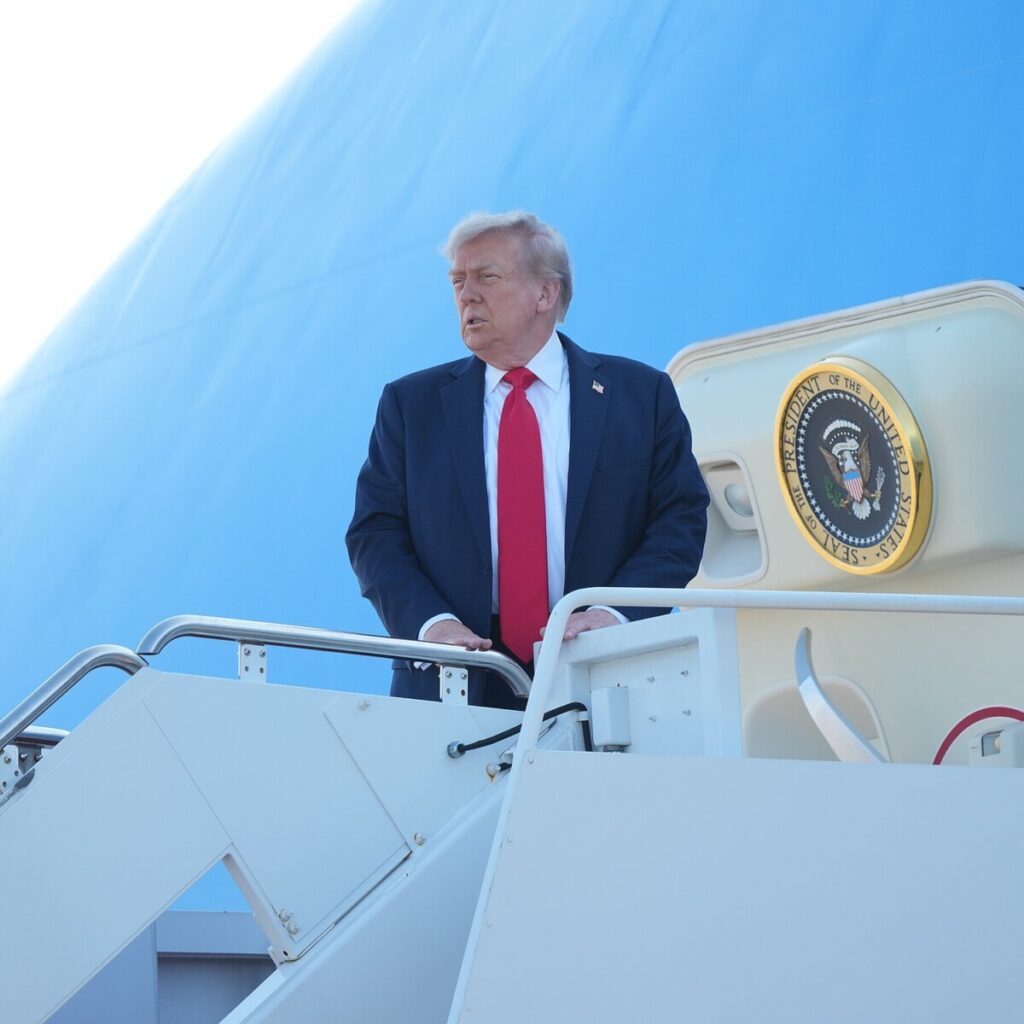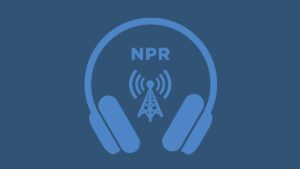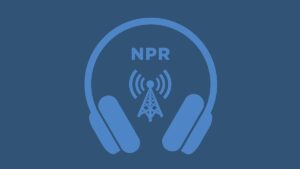After Law Firm Deals With Trump, D.C. Bar Warns of Ethical Jeopardy
In a striking move upon his return to the White House in January, President Trump initiated a controversial campaign against certain law firms, significantly impacting their operations and relationships with the federal government. This unprecedented strategy involved issuing orders that stripped lawyers associated with these firms of their security clearances, effectively sidelining them from participating in government-related activities that require such clearances. The implications of this action were profound, as it not only limited the legal representation available to the government but also posed a significant threat to the firms’ financial stability and reputation. By targeting specific firms, Trump sought to exert control and influence over the legal landscape, particularly those that had previously represented clients or causes opposing his administration.
The repercussions of these orders were felt across the legal community, as many firms found themselves at risk of losing lucrative government contracts and business opportunities. The directive effectively barred the government from engaging with these law firms or awarding contracts to their clients, creating a chilling effect on legal representation in politically charged cases. For instance, firms that had represented whistleblowers or clients involved in lawsuits against the administration faced immediate consequences, as their ability to operate within the federal framework was undermined. This tactic not only raised questions about the administration’s commitment to the rule of law but also sparked widespread criticism from legal experts and civil rights advocates who viewed it as an attempt to intimidate and silence dissenting voices within the legal profession.
Critics argue that such actions set a dangerous precedent, undermining the independence of the legal system and the principle of fair representation. By leveraging the power of the presidency to target specific law firms, Trump appeared to be weaponizing the legal process to stifle opposition and consolidate his influence. As the legal community grapples with the implications of these orders, the potential for long-term damage to the integrity of legal representation in the United States raises significant concerns about the future of law and governance under such tactics. The situation underscores the ongoing struggle between political power and the autonomy of the legal profession, highlighting the critical need for safeguards to protect the rights of lawyers and their clients in an increasingly polarized political environment.
Related articles:
– Link 1
– Link 2
After returning to the White House in January, President Trump began targeting law firms with orders stripping their lawyers of security clearances and barring the government from doing business with them or awarding contracts to their clients.
Eric
Eric is a seasoned journalist covering US Politics news.



